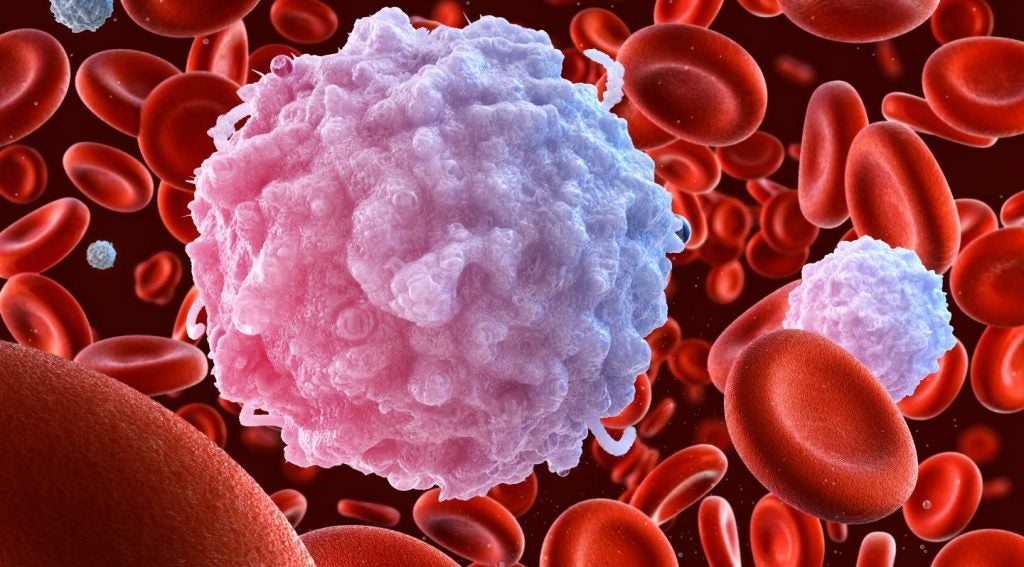The UK National Institute for Health and Care Excellence (NICE) has recommended BeiGene’s Zanubrutinib (Brukinsa), which is licensed for treating marginal zone lymphoma (MZL), a type of blood cancer, for use by the National Health Service (NHS).
The recommendation provides an additional treatment option for patients in England that can potentially halt cancer progression and offer an alternative to further chemotherapy.
Up to 80% of cancers responded to treatment with Zanubrutinib, an oral tablet, with many responses expected to last several years in clinical trials.
Zanubrutinib will be available to patients who have not responded well to previous treatments.
It can be administered as once or twice-daily capsules at home, potentially reducing the inconvenience and side effects of intravenous chemotherapy.
According to NHS estimates, 470 patients could benefit from Zanubrutinib up to 2027.
NHS England secured a deal through its commercial flexibilities to extend access to Zanubrutinib for individuals with MZL.
2,600 people in the UK are said to be diagnosed with this form of blood cancer each year. Symptoms often include small painless lumps in lymph nodes, leading to a later-stage diagnosis with increased fatigue and infection risk.
MZL is a type of slow-growing non-Hodgkin lymphoma that occurs due to uncontrolled growth in B-cells, a type of white blood cell, leading to tumour development.
Some patients may become resistant to current treatments, including chemotherapy, which can cause serious nausea and discomfort.
NICE medicines evaluation director Helen Knight stated: “We focus on getting the best care to people and improving their quality of life, so we are pleased to be able to recommend Zanubrutinib for some with marginal zone lymphoma.
“This is a rare type of non-Hodgkin’s lymphoma that can have a profound impact on quality of life, not just for people with the condition, but their families and carers as well.
“Evidence suggests that this treatment increases how long people have before their condition gets worse and increases how long they live compared with standard care. People with marginal zone lymphoma are typically diagnosed in their 70s, so there is a need for effective and safe treatment options that are convenient for them to take.”
The latest development comes after NICE decided not to recommend Daiichi Sankyo and AstraZeneca’s Enhertu for advanced HER2-low breast cancer for NHS use.









